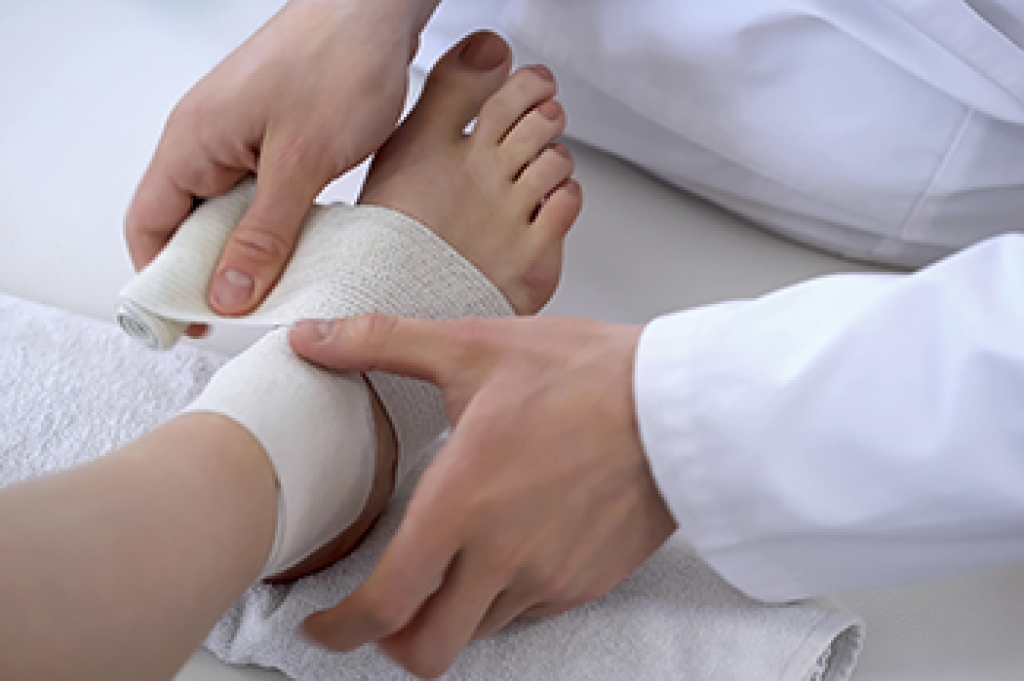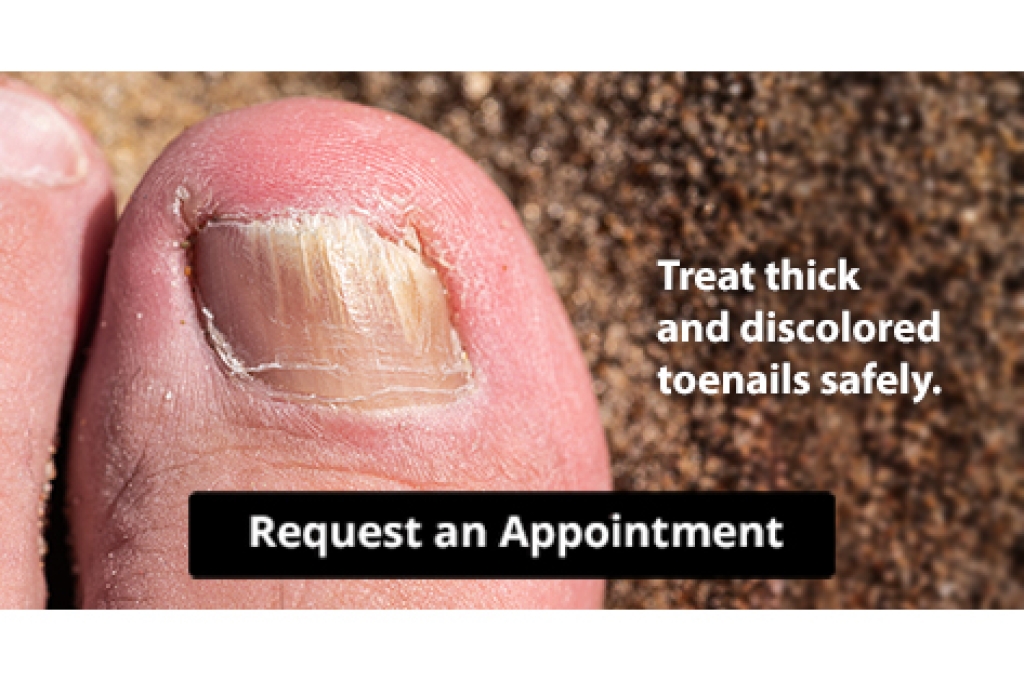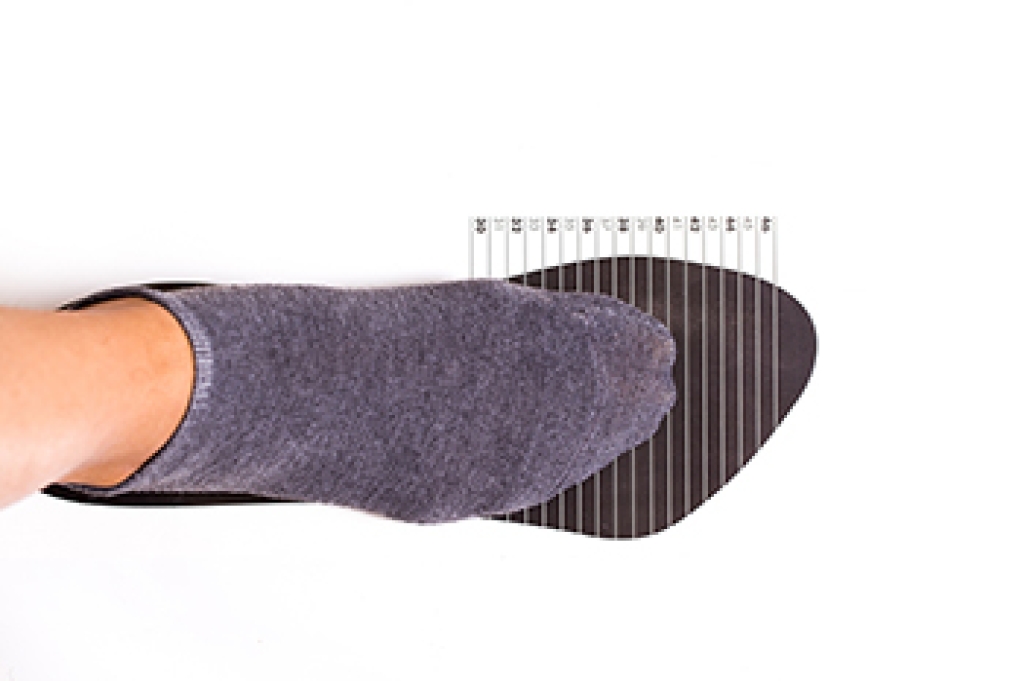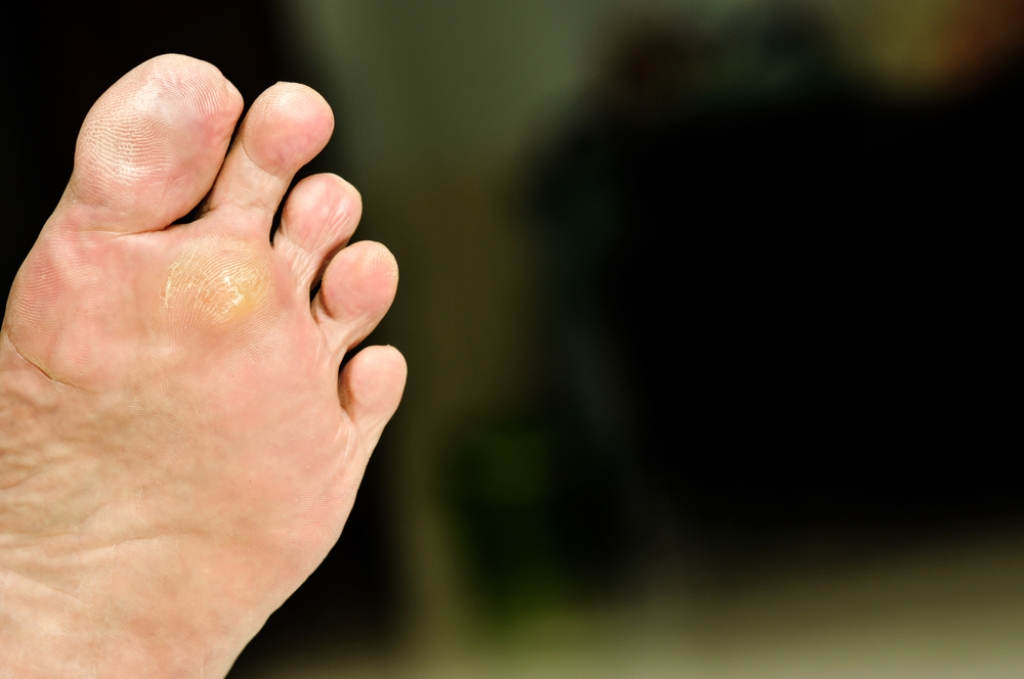
Ankle instability refers to a recurring sense of weakness that makes the ankle feel unreliable during walking or activity. One cause of ankle instability is previous ankle sprains that damaged ligaments on the outer or inner side of the ankle. High arches or flat feet can also alter weight distribution and place added strain on stabilizing tissues. Muscle weakness, poor coordination, or nerve-related conditions may interfere with the body’s ability to respond quickly to uneven surfaces. In some cases, arthritis, scar tissue, or loose joint structures contribute to ongoing instability. A podiatrist can evaluate ankle alignment, ligament integrity, and gait mechanics to determine the underlying cause. Treatment may involve bracing, targeted exercises, footwear guidance, or advanced care to restore stability and reduce the risk of further injury. If it feels like your ankle is "giving way," it is suggested that you make an appointment with a podiatrist for an exam, diagnosis, and treatment.
Ankle pain can be caused by a number of problems and may be potentially serious. If you have ankle pain, consult with one of our doctors from Godoy Foot and Ankle Center. Our doctors will assess your condition and provide you with quality foot and ankle treatment.
Ankle pain is any condition that causes pain in the ankle. Due to the fact that the ankle consists of tendons, muscles, bones, and ligaments, ankle pain can come from a number of different conditions.
Causes
The most common causes of ankle pain include:
- Types of arthritis (rheumatoid, osteoarthritis, and gout)
- Ankle sprains
- Broken ankles
- Achilles tendonitis
- Achilles tendon rupture
- Stress fractures
- Bursitis
- Tarsal tunnel syndrome
- Plantar fasciitis
Symptoms
Symptoms of ankle injury vary based upon the condition. Pain may include general pain and discomfort, swelling, aching, redness, bruising, burning or stabbing sensations, and/or loss of sensation.
Diagnosis
Due to the wide variety of potential causes of ankle pain, podiatrists will utilize a number of different methods to properly diagnose ankle pain. This can include asking for personal and family medical histories and of any recent injuries. Further diagnosis may include sensation tests, a physical examination, and potentially x-rays or other imaging tests.
Treatment
Just as the range of causes varies widely, so do treatments. Some more common treatments are rest, ice packs, keeping pressure off the foot, orthotics and braces, medication for inflammation and pain, and surgery.
If you have any questions please feel free to contact our office located in Wayne, NJ . We offer the newest diagnostic tools and technology to treat your foot and ankle needs.




